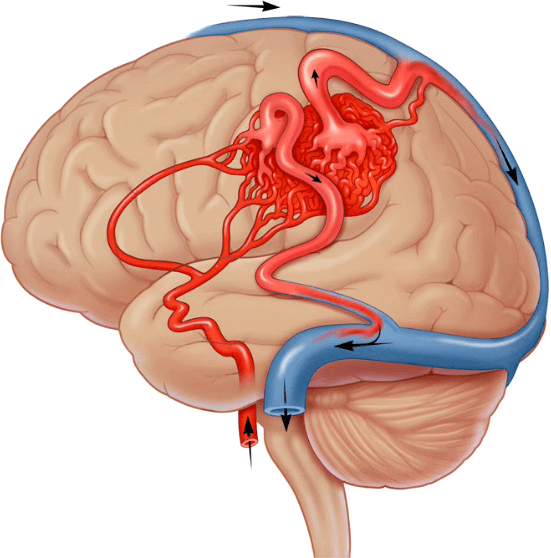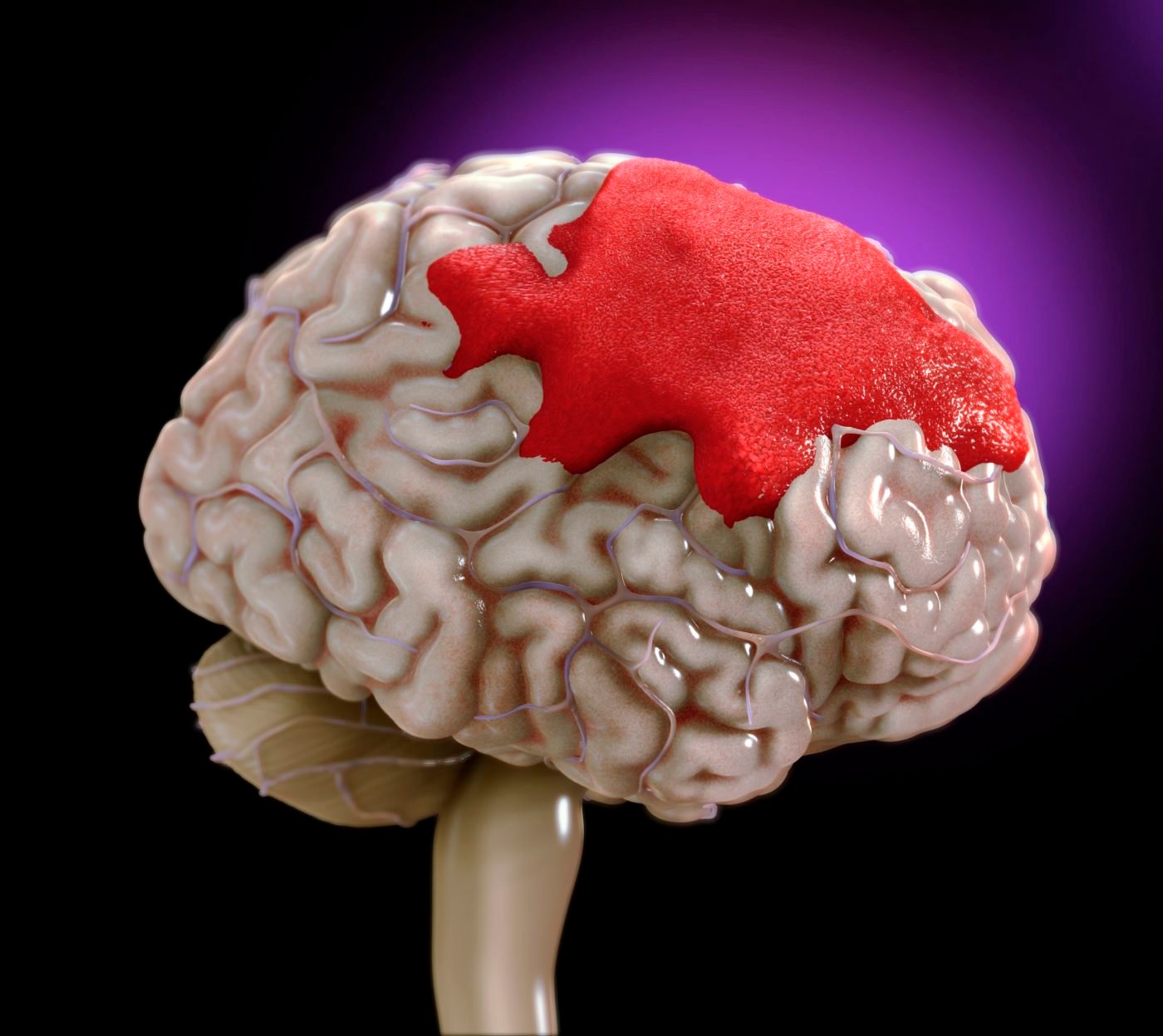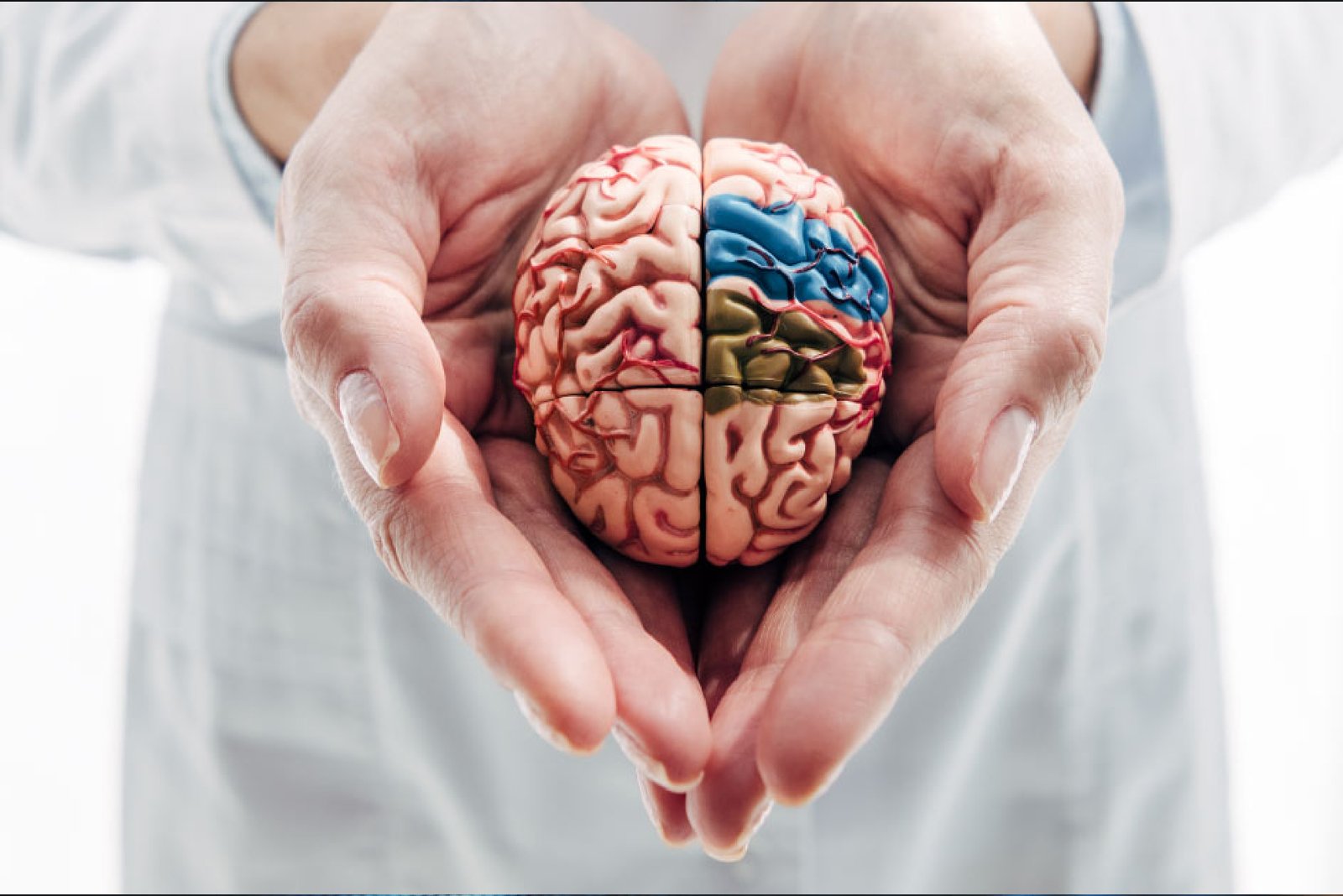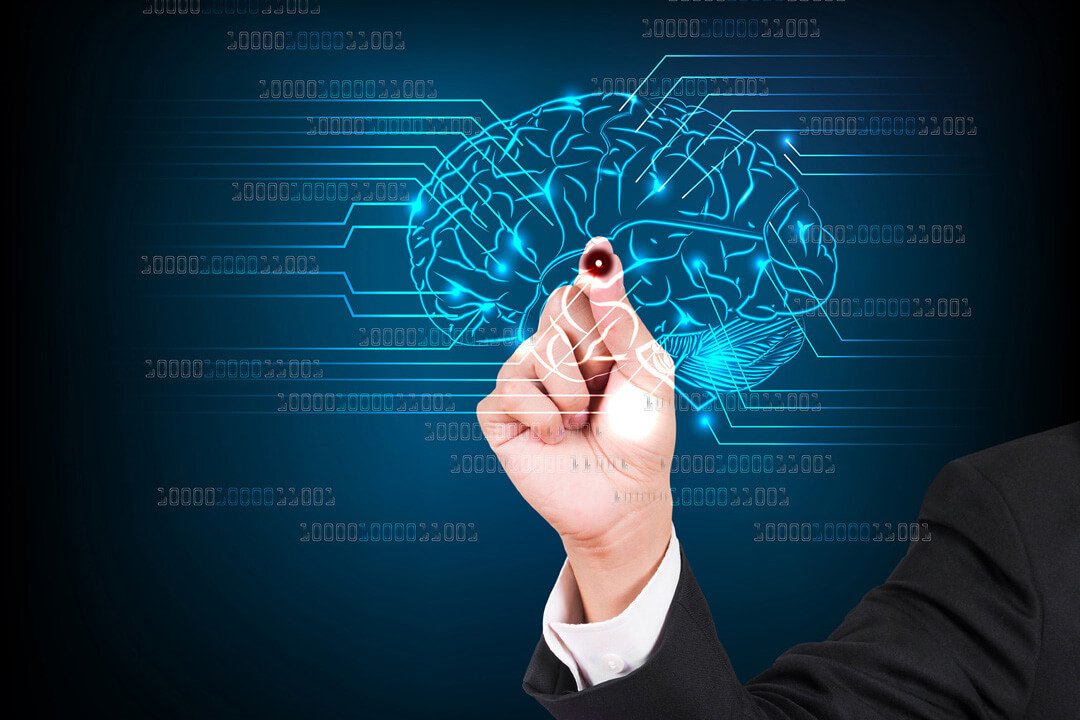Dr. Dilip S. Kiyawat, Leading Spine & Neurosurgeon in the Field of ANEURYSM RUPTURE TREATMENT
ANEURYSM RUPTURE TREATMENT
An intracranial aneurysm is a ballooning in the wall of an artery within the brain. The causes of aneurysms are not clear, but they can be congenital, genetics, due to high blood pressure, and certain medical conditions. The majority of aneurysms do not cause symptoms unless they rupture. If ruptured, it causes subarachnoid hemorrhage or intracerebral (within the substance of the brain) hemorrhage.
Symptoms of ruptured aneurysm:
.
1. Sudden, Severe Headache: often described as "the worst headacheof my life."
2. Nausea and Vomiting:
3. Stiff Neck: pain and stiffness in the neck are noticed when the neckis bent forward.
4. Sensitivity to Light (Photophobia):
5. Blurred or Double Vision:
6. Loss of Consciousness: In severe cases, a ruptured aneurysm can
lead to loss of consciousness or even coma.
It is a medical emergency requiring immediate attention. Prompt
diagnosis and intervention.
Diagnosis of a ruptured aneurysm is clinical (sudden headache and neck
stiffness) and is confirmed by the presence of blood in cerebrospinal fluid
(CSF) and on a CT Scan of the brain.
Investigation: The presence of a ruptured aneurysm is confirmed by
angiography of cerebral vessels.
Treatment: Treatment of aneurysm aims to obliterate the balloon projecting
out from the artery. This is achieved by two types of procedures:
1. Clipping: After opening the skull (craniotomy) the aneurysm is
exposed and a small metal clip is placed across the neck of the
aneurysm to isolate it from the blood circulation, preventing further
rupture.
2. Endovascular Coiling: In this, a catheter is threaded through the
femoral artery in the groin to reach the aneurysm site. Small platinum
coils are then placed within the aneurysm, promoting blood clotting
and sealing it off from circulation.
The choice between these procedures depends on factors such as the
aneurysm’s location, size, and the patient’s overall health.
Causes
Aneurysms are often caused by a weakening of the blood vessel wall, which may be congenital or acquired over time.
Symptoms
Sudden, Severe Headache A rapid-onset, intense headache is a common symptom.
Treatment
An aneurysm rupture is a medical emergency. Immediate medical attention is crucial.
Rehabilitation
Ongoing support for both the individual and their caregivers is crucial for the rehabilitation process.
ANEURYSM RUPTURE TREATMENT
Emergency Medical Care
An aneurysm rupture is a medical emergency. Immediate medical attention is crucial.
Surgery
Emergency surgical intervention may be required to repair the ruptured aneurysm and stop bleeding.

Brain Aneurym rupture scaled








